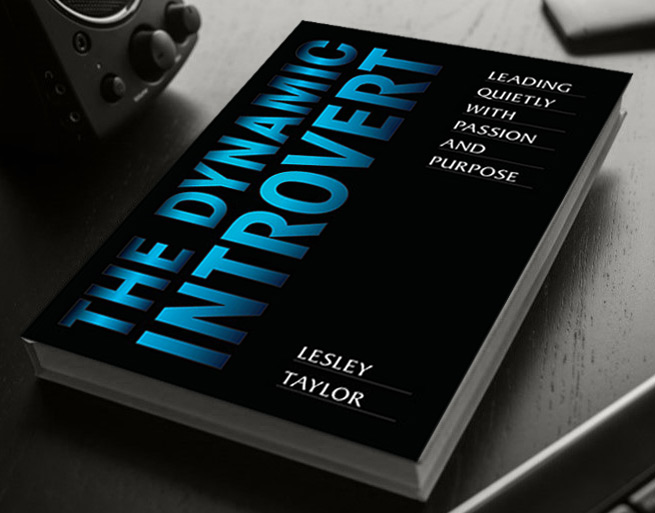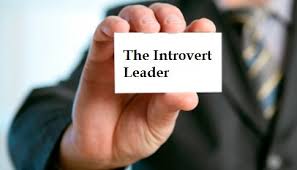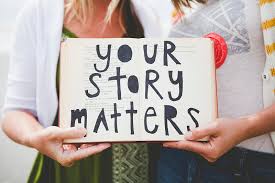Introverts Are Not Shy
Last week a young woman approached me at an author event I was participating in at the Surrey Public Library. She told me that she was fed up with people telling her she was shy. I understand her frustration but what I don’t understand is the persistent myth that introversion and shyness are the same. They’re not! Introversion and Shyness are Not the Same In 2014 I wrote “Introversion and shyness are often confused with each other. Shyness is a fear and avoidance of social situations. Unlike introverts who feel energized by spending time alone, shy people want to connect with others but are afraid to do so.” Last year author and psychologist Arlin Cuncic provided a similar definition for her article in Very Well Mind “Shyness and introversion are commonly mistaken as being the same thing. Shyness involves fear of negative evaluation (and shares some similarities with social anxiety) whereas introversion refers to a tendency toward becoming overstimulated and the need to be alone to gain energy.” I know a lot of introverts and I am pretty sure none of them are shy. Stop Labeling Introverts as Shy In fact, only about 15% of us are born with a tendency toward shyness. This may be biological or because of how our parents raise us. I’m also aware that it’s become too easy to label people. A few years ago one of my nephews announced that he had “social anxiety”. He was 16 at the time. He’s not alone of course. Every day it seems we are told that there is a mental health crisis and young people are most at risk. More recently another young family member was diagnosed with anxiety, depression and ADHD. At the time I thought “What does being labelled at a young age do to a person and how does someone cope with such a heavy burden? No matter what cards you are dealt it’s important to know who you are and what you are dealing with. There are plenty of ways to learn if you are introverted. The Myers-Briggs Personality Test has a long track record. Psychologists may be helpful especially if you are struggling with shyness and want to learn how to manage your anxiety. Helpful Suggestions for Overcoming Shyness Cuncic provides some great suggestions for shy individuals: Appreciate your strengths and build on them Start looking for opportunities to practice different social behaviors in different settings. This could be dropping in at a friend’s place, joining Toastmasters to practice public speaking or going to local gym. Use relaxation techniques like meditation and deep breathing to reduce feelings of anxiety. Introverts can also start by assessing their strengths and learning as much as they can about what it means to be introverted. When I was writing The Dynamic Introvert the number one take away for me was how to manage my energy.





